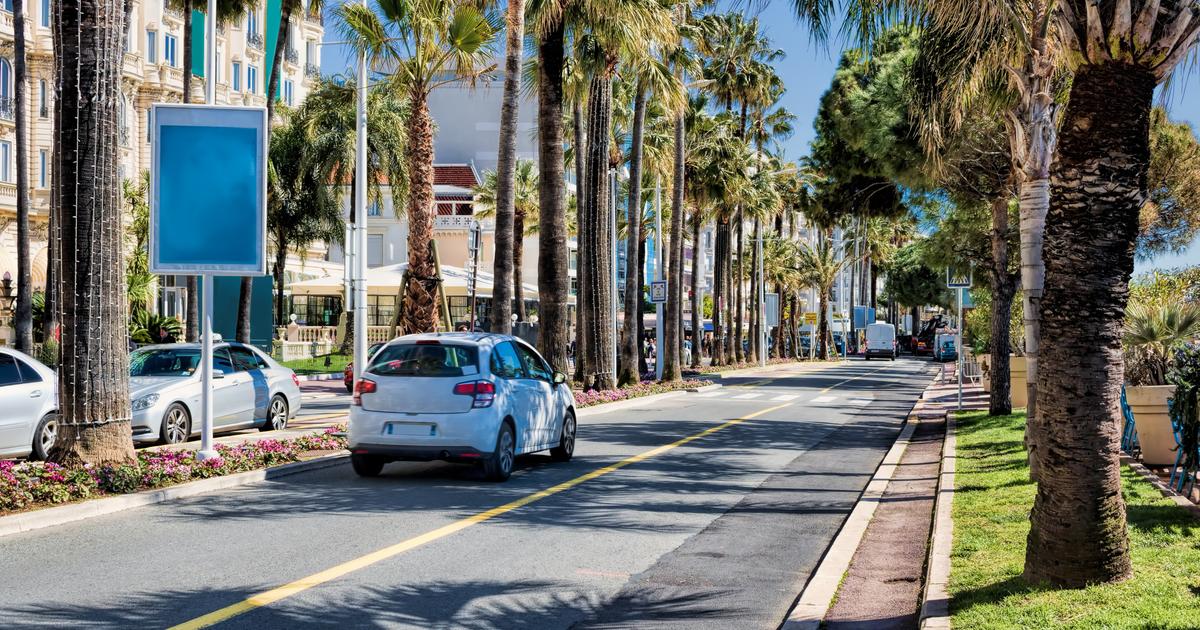If the (thermal) car is no longer really in the odor of sanctity in our society, it remains essential for a good number of French people, points out an Ifop study for the Roole* automobile club, published this Tuesday.
Thus, faced with significant fuel or insurance costs, the French are competing with strategies to save money, this survey shows.
The figures are clear: more than three-quarters of respondents say they are dependent on their car to visit relatives (80%), go shopping or go to medical appointments (79%), go on vacation or on weekends (78%) or going to work (75%).
“A strong dependence on the car which is the majority everywhere in France, but clearly more marked as we move away from urban centers
,” notes the study.
For example, nine out of ten residents of rural communities rely on their car to visit loved ones or go shopping, compared to around 65% of Parisians.
This observation made, we must get these cars running.
And the costs are significant.
A large majority of French people (65%) spend more than 100 euros per month for the use of their vehicle (gasoline, maintenance, insurance, etc.).
Among them, 16% even spend more than 300 euros per month.
“To reduce the bill, motorists are forced to explore new means
,” observes the study.
Among the most used strategies, go a few kilometers extra to refuel at the stations which offer the lowest prices (adopted by 77% of French people, including 49% regularly), use your car as little as possible (77%, including 39% regularly), and even avoid taking the highway (65%, including 35% regularly).
Read also Resell your used car: which models lose the least value
Carpooling and used parts
And the French are ready to explore other avenues to lower the costs of using their vehicle.
In particular long-distance carpooling (31%), parcel carpooling (25%) or placing advertisements on your vehicle (24%).
The installation of a box or kit allowing you to run on bioethanol is also considered by a quarter of those surveyed (25%).
To limit maintenance costs, half of French people think about choosing second-hand spare parts rather than new ones in the event of repair (51%), 38% who imagine repairing or maintaining their car yourself or with a close
“mechanic”
, 37% to consider going to an associative and solidarity garage to repair their vehicle.
The study also highlights the lack of information deplored by the French on government measures to support the ecological transition of the automobile sector.
For example, 62% of people questioned say they feel poorly informed about
“
social leasing
”
, i.e. the possibility of renting an electric vehicle over a long period for 100 euros per month.
They are 58% on the subject of low emission zones (ZFE) or even 56% on the conversion bonus.
*Survey carried out by Ifop for Roole, carried out by self-administered questionnaire online from January 9 to 12, 2024, conducted among a sample of 2,232 people, representative of the French population aged 18 and over, including 2,002 people with at least one car.

